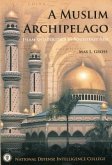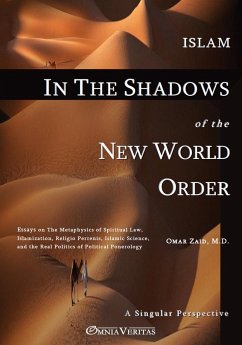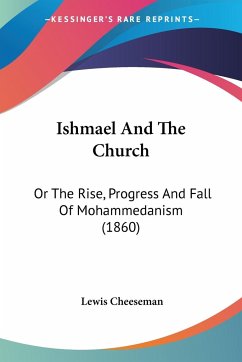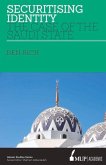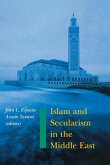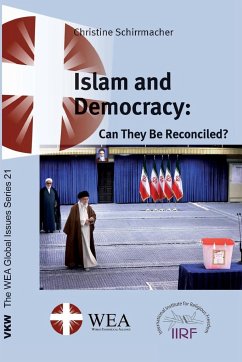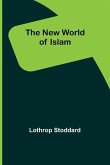A thoughtful and well-documented call to rethink the role of Arabs in the plan of God Western Christianity's long-standing support of Israel has, perhaps unintentionally, nurtured a prejudice against Arab people--the descendants of Abraham's first son, Ishmael. Author Tony Maalouf contends that this bias differs dramatically from the biblical portrayal of Ishmael and the nations that have sprung from him. With meticulous research and theological astuteness, Maalouf surfaces the positive portrayal of the Arab people in ancient and prophetic history, clearly showing that the Israeli-Arab conflict is a recent development in history. By bringing to light the nature of relationships that have prevailed among the Jews and Arabs throughout history, Maalouf strives to change the thinking of Bible believers to a more accurate understanding of this crucial contemporary issue. He traces the Abrahamic heritage of the Arab people and majors on the positive Arab-Israeli relationships in biblical history. The descendants of Ishmael have an important role in the sovereign plan of God--right up to the final moments of history.
Hinweis: Dieser Artikel kann nur an eine deutsche Lieferadresse ausgeliefert werden.
Hinweis: Dieser Artikel kann nur an eine deutsche Lieferadresse ausgeliefert werden.


